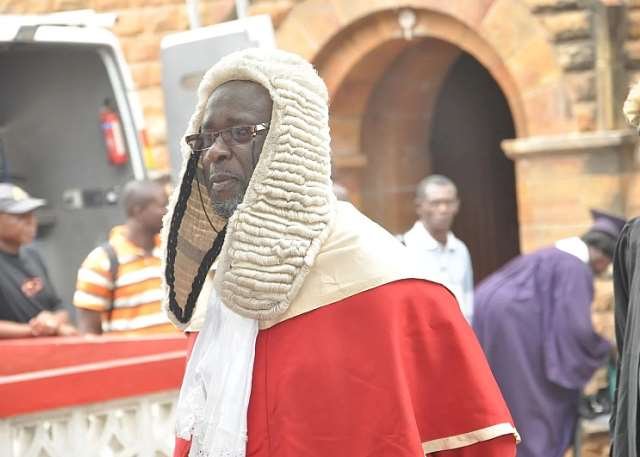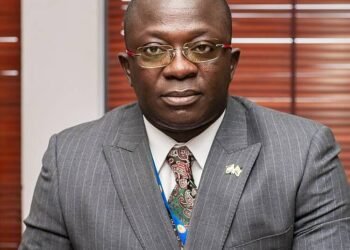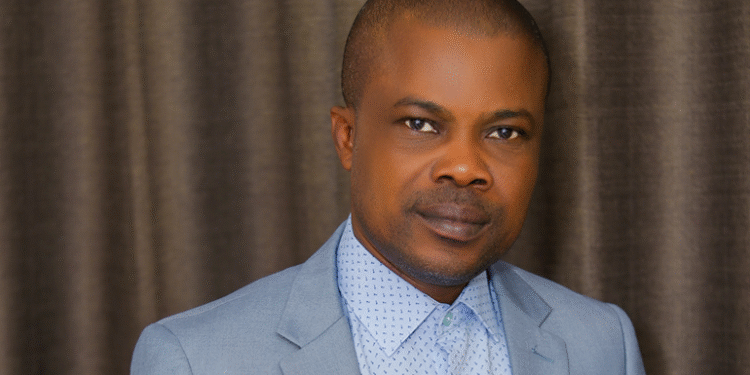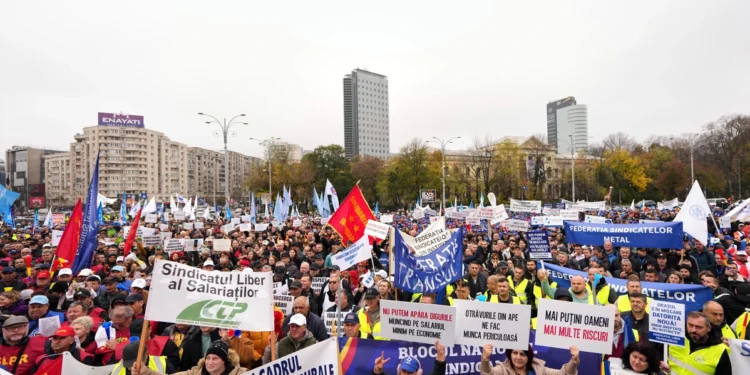The New Patriotic Party (NPP) has issued a strongly worded statement challenging the constitutionality, propriety, and timing of the nomination of Justice Paul Baffoe-Bonnie as Chief Justice, describing the move as a grave breach of Ghana’s constitutional order.
In its detailed statement signed by General Secretary Justin Kodua Frimpong, the NPP emphasized that its opposition is not driven by partisanship but by a duty to protect the 1992 Constitution from actions it believes threaten the delicate balance of power between the executive and judiciary.
The party underscored its longstanding commitment to constitutionalism, rule of law, and the integrity of state institutions, arguing that these principles are now under strain. At the heart of the NPP’s objections are the unresolved legal challenges surrounding the removal of former Chief Justice Gertrude Araba Esaaba Torkornoo.
According to the party, seven substantive cases remain pending before the Supreme Court, the High Court, and the ECOWAS Court of Justice. These cases, it noted, raise fundamental questions about due process, natural justice, and constitutional protections for judicial office holders.
The NPP argued that until these matters are adjudicated, any attempt to fill the position constitutes a premature interference with ongoing judicial processes.

The party stressed that constitutional governance requires restraint from the executive when an action of such magnitude is being contested before competent courts.
“The decision by the Mahama administration to proceed with a nomination for this high office, while these pivotal cases remain unheard and undefended on their merits, constitutes a pre-emptive assault on the judicial function and a dangerous departure from established constitutional order.”
NPP General Secretary Justin Kodua Frimpong
Conflict of Interest
Beyond the unresolved litigation, the NPP raised deep concerns about what it describes as a conflict of interest on the part of the nominee. Citing public records, the statement highlighted that Justice Baffoe-Bonnie presided over interlocutory proceedings in Assafuah v. Attorney-General, a case central to determining the legitimacy of the vacancy created in the Chief Justice’s office.
This, the party argued, places him in direct conflict with the principle of nemo judex in causa sua—that no individual should be a judge in their own cause.
The statement also noted that Justice Baffoe-Bonnie had been part of the majority decision at the Supreme Court that allowed the removal process of Justice Torkornoo to continue, despite what the NPP describes as its “fundamental flaws.”

The party believes this sequence of events not only undermines public confidence in the impartiality of the judiciary but also calls into question the propriety of the nominee accepting the elevation while the matter remains sub judice. According to the NPP, Justice Baffoe-Bonnie’s acceptance of the nomination represents “a gross and detrimental failure of judicial leadership.”
The party insisted that at a time when the judiciary required the highest standards of restraint and constitutional fidelity, the nominee chose a path that could cast doubt over the independence of the judicial branch. “The historical record will be unequivocal on this matter,” the statement warned.
Respect for Constitutional Safeguards
Turning its focus to President John Dramani Mahama’s administration, the NPP acknowledged the executive’s constitutionally recognized role in appointing high judicial officers but argued that this role demands respect for constitutional safeguards and not, as it stated, “brute political force.”
The party warned that while political power is transient, constitutional principles are not and that any attempt to circumvent them would be remembered and accounted for—politically, legally, and historically.
The party urged Ghanaians to remain vigilant, emphasizing that the Constitution is the “sacred covenant” between citizens and the state. It assured the public of its readiness to defend the country’s democratic order and resist any action it deems harmful to the rule of law.
Meanwhile, the tension surrounding the nomination heightened in Parliament when the Appointments Committee suspended proceedings after nearly an hour of heated objections and counter-objections between Majority Leader Mahama Ayariga and Minority Leader Alexander Kwame Afenyo-Markin.
Committee Chairman Bernard Ahiafor ruled for a break, directing members to take a coffee pause before reconvening to determine the way forward. The suspension has fueled public anticipation, leaving uncertainty about when the process will resume and how the unfolding constitutional debate will influence subsequent events.

As the controversy deepens, both legal and political analysts are closely monitoring the situation, particularly the unresolved suits that could redefine the circumstances under which a Chief Justice may be removed or appointed.
For now, the nomination of Justice Baffoe-Bonnie remains one of the most contentious judicial developments in recent years, setting the stage for an intense debate about constitutionalism and the future of Ghana’s judiciary.
READ ALSO: Employee Alleges HR Error Sent Company-Wide ‘Termination Notice,’ Sparking Online Buzz






















